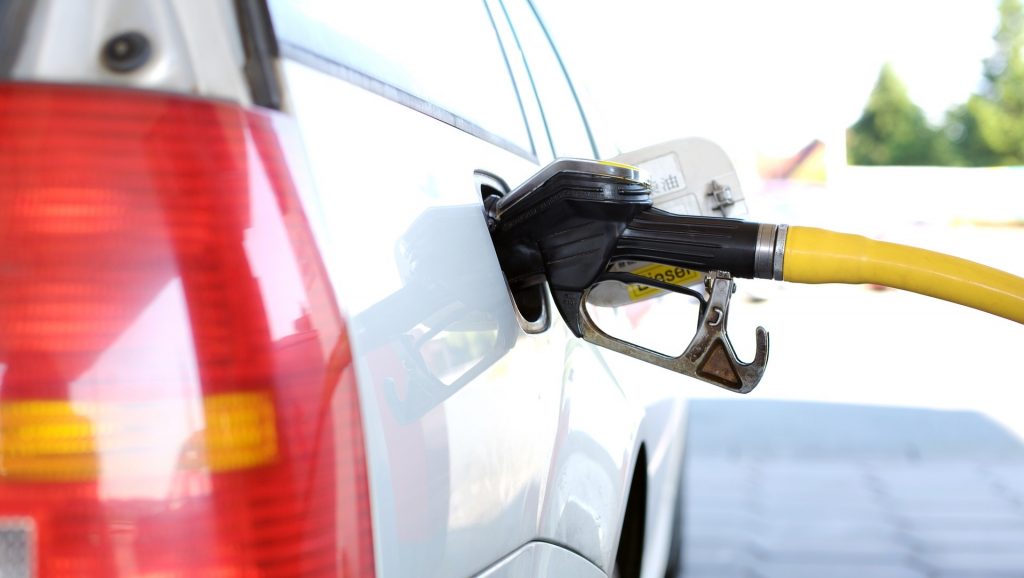In a pioneering effort to tackle South Africa’s growing digital divide, WeThinkCode_ and South Cape TVET College have partnered to roll out an 18-month…
Is your small business ready for the fuel price hike in April?

The Automobile Association (AA) predicts the price of petrol will rise by as much as R1.16 a litre and diesel by 92 cents a litre in April as fuel levy increases kick in. This piles even more pressure on small businesses in South Africa, many of which are already struggling due to load shedding, slow economic growth, and the lingering effects of the virus.
Petrol is expected to increase by R1.16 a litre
Fuel is one of the most significant input costs, directly or indirectly affecting the price of nearly every other service. If you deliver or collect goods or transport people as a core part of your business, you feel each rise in the fuel price as soon as it takes effect. The fuel price also affects your business by causing your suppliers’ prices to climb, eroding your customers’ disposable income, and hiking your team’s living expenses.
Optimise rather than passing higher costs to customers
Your business has probably needed to swallow a lot of Covid-19 costs and losses, so the idea of absorbing the fuel price increase may not seem appealing. However, consumers are more price-sensitive than ever and competition is fierce. It is preferable, where possible, to find ways to manage the fuel price increase without hiking your prices.
Smart thinking about fuel efficiency can help you contain costs while achieving other goals such as reducing carbon emissions and improving overall business efficiencies.
Here are seven ways to counter fuel price increases:
1. Reassess your travel requirements
– Adjust delivery and travel schedules to avoid traffic peak times.
– Use a navigation app, such as Google Maps or Waze, to find the fastest routes.
– Combine deliveries and errands into one trip. You’ll deliver more products, faster.
2. Double-down on remote work
– COVID-19 has proven that most meetings can be hosted on Zoom and Microsoft Teams. Resist pressure to return to face-to-face meetings, even though they’re currently allowed, and stick to virtual ones as far as possible.
3. Plan ahead
– Use data to your advantage. An app like Fuelio tracks fuel-related expenses, helping you to optimise and save costs.
4. Consider outsourcing
– Partner with a company that already has the benefit of scale and resources to handle your deliveries.
– Bonus: You’ll save on vehicle maintenance costs and insurance. If outsourcing is not an option, negotiate better rates with suppliers.
5. Prioritise vehicle maintenance
– Dirty air filters, underinflated and misaligned tyres, and irregularly serviced engines contribute to vehicle wear-and-tear and, therefore, higher fuel consumption. Maintained vehicles are also safer.
6. Adopt conscious driving habits
– Fast acceleration, driving in low gears, heavy breaking, speeding, and revving all increase fuel consumption.
– Educate drivers and reward them for good driving behaviour.
7. Keep your tax affairs in order
– As a small business, you can claim a tax deduction for all business-related travel expenses. However, SARS won’t remind you about this. Consider keeping a logbook to note all your expenses. This will make the tax return process easier.
This article was written by Viresh Harduth, Vice President, Small Business, Sage Africa & Middle East.
Featured image: andreas160578 via Pixabay

